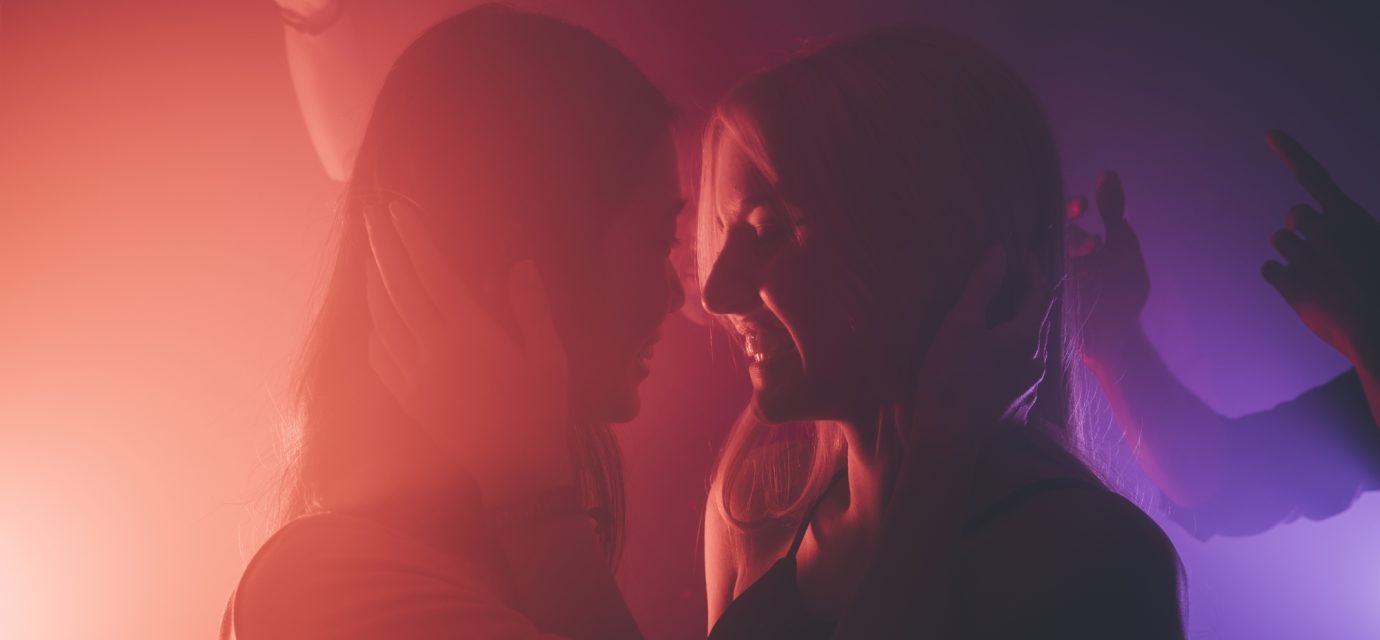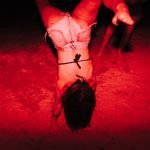Embracing Diversity: The Core of a Healthy Swinging Culture
We must acknowledge that the foundation of a truly thriving swinging community lies in its ability to welcome individuals from all racial and cultural backgrounds. While swinging prides itself on sexual freedom and exploration, the conversation about racial and cultural diversity often lags behind. It is time to ensure that every club, event, and private gathering reflects the real diversity of our society.
Table Of Content
- Embracing Diversity: The Core of a Healthy Swinging Culture
- Barriers Faced by BIPOC Swingers
- Representation Matters
- Breaking Down Cultural Barriers
- Combating Fetishization and Stereotypes
- Creating Inclusive Spaces
- Building Diverse Leadership
- Community Accountability
- Amplifying BIPOC Voices
- Supporting BIPOC-Owned Spaces
- Celebrating Cultural Expression
- Educating Ourselves and Others
- Encouraging Open Dialogue
- Accountability Within Partnerships
- Conclusion: A Commitment to Diversity
Barriers Faced by BIPOC Swingers
Black, Indigenous, and People of Color (BIPOC) swingers often face subtle and overt challenges when navigating lifestyle spaces. Many report experiences of being fetishized for their race, which can reduce them to exotic fantasies instead of seeing them as whole, consenting people. Racial stereotypes can shape how BIPOC swingers are approached, spoken to, and included in play.
Additionally, BIPOC swingers may feel unwelcome or isolated in clubs where the dominant demographic is white. Marketing materials, club decor, and the imagery used online and offline frequently center whiteness, unintentionally signaling who is “supposed” to belong and who is not.
Representation Matters
Representation is not simply a checkbox—it is an essential element of creating a sense of belonging. We encourage clubs and event organizers to ensure that promotional materials include diverse couples and individuals. Club websites, social media, and advertisements should reflect people of various racial and cultural backgrounds enjoying the lifestyle together.
Representation must extend beyond images. Hiring BIPOC hosts, DJs, educators, and community leaders demonstrates genuine commitment to inclusion. Seeing diverse leadership encourages new members to feel safer and more visible in these spaces.
Breaking Down Cultural Barriers
Cultural backgrounds shape how people approach sexuality, relationships, and open exploration. Some communities may hold deeply rooted taboos around non-monogamy, making it more challenging for BIPOC individuals to feel accepted, even within their own circles.
We must recognize this added layer of complexity. Clubs should provide discreet, judgment-free spaces for those who are exploring swinging for the first time and navigating the push and pull between cultural heritage and personal desire.
Combating Fetishization and Stereotypes
One of the greatest challenges for BIPOC swingers is combating fetishization. While mutual attraction is healthy, exoticizing someone purely because of race is dehumanizing. Clubs and communities must address this head-on by establishing clear codes of conduct. Members must understand that respectful curiosity differs greatly from fetishistic behavior.
Workshops about implicit bias and respectful ways to communicate attraction can help members build awareness. When community members hear someone use harmful stereotypes, they should feel empowered to intervene and support those who are targeted.
Creating Inclusive Spaces
The environment must feel safe for all guests to express themselves without fear of racial microaggressions or cultural erasure. Clubs should:
-
Offer multilingual materials and signage.
-
Play music that reflects diverse tastes.
-
Host theme nights or events celebrating different cultures.
-
Partner with BIPOC-led lifestyle groups to expand networks and build trust.
These tangible actions signal that diversity is not performative but embedded in the community’s identity.
Building Diverse Leadership
True change happens when decision-makers reflect the diversity of the people they serve. Club owners should actively recruit and mentor BIPOC staff. This includes managers, event planners, security, and entertainers.
When BIPOC individuals see themselves represented at every level—from the front door to the DJ booth—they know the space is genuinely open to their presence and contributions.
Community Accountability
Addressing racism in the swinging community demands ongoing accountability. Clubs and online communities must set and enforce clear zero-tolerance policies for racial slurs, harassment, or discriminatory jokes.
Feedback loops matter. Establish confidential ways for guests to report incidents, and commit to investigating and taking action. Publicly reinforcing these policies shows that respect is non-negotiable.
Amplifying BIPOC Voices
We must amplify BIPOC swingers’ voices through storytelling, panels, blogs, and podcasts. When BIPOC members share their experiences, challenges, and triumphs, it educates the wider community and dismantles harmful myths.
These stories should not only focus on hardship. They should highlight joy, pleasure, exploration, and the rich ways BIPOC swingers shape and influence the lifestyle scene.
Supporting BIPOC-Owned Spaces
Supporting BIPOC-owned swinger clubs, events, and online groups is a tangible way to foster racial equity. These spaces often prioritize cultural nuances that mainstream clubs may overlook. Collaborations, joint events, and cross-promotions can bridge communities and create more pathways for connection.

Celebrating Cultural Expression
Events that celebrate cultural heritage while honoring the lifestyle’s core values are powerful. From Caribbean-themed pool parties to Afro-Latin dance nights, culturally themed events invite members to experience new music, food, fashion, and stories.
These experiences should be crafted with care, ensuring that cultural traditions are respected and not appropriated. Partnering with community members to co-create these nights ensures authenticity and shared pride.
Educating Ourselves and Others
Education is not a one-time workshop but a continuous practice. We encourage all swingers to read, listen, and learn about the intersection of race, culture, and sexuality. Hosting regular talks or book clubs on topics such as cultural appropriation, anti-racism, and intersectional sexuality can spark necessary conversations that strengthen the community as a whole.
Encouraging Open Dialogue
Many swingers want to be better allies but fear “getting it wrong.” Clubs can create safe discussion forums where members can ask respectful questions and learn from BIPOC educators. Honest dialogue, guided by ground rules, breaks down barriers and fosters understanding.
Accountability Within Partnerships
Couples and play partners must hold each other accountable, too. If a partner uses racially insensitive language or seeks out BIPOC individuals for fetishistic reasons, it is vital to address it. Within the swinging lifestyle, communication about boundaries must include confronting biases and ensuring attraction is based on mutual respect and not exoticization.
Conclusion: A Commitment to Diversity
The swinging community thrives when it is open, diverse, and genuinely inclusive. Embracing racial and cultural diversity goes beyond a statement—it is an everyday practice. By expanding representation, dismantling bias, amplifying BIPOC voices, and celebrating cultural richness, we build spaces where everyone feels welcome, safe, and fully seen.
Let us commit to this work together. When we champion diversity, we elevate the entire lifestyle for generations to come.





